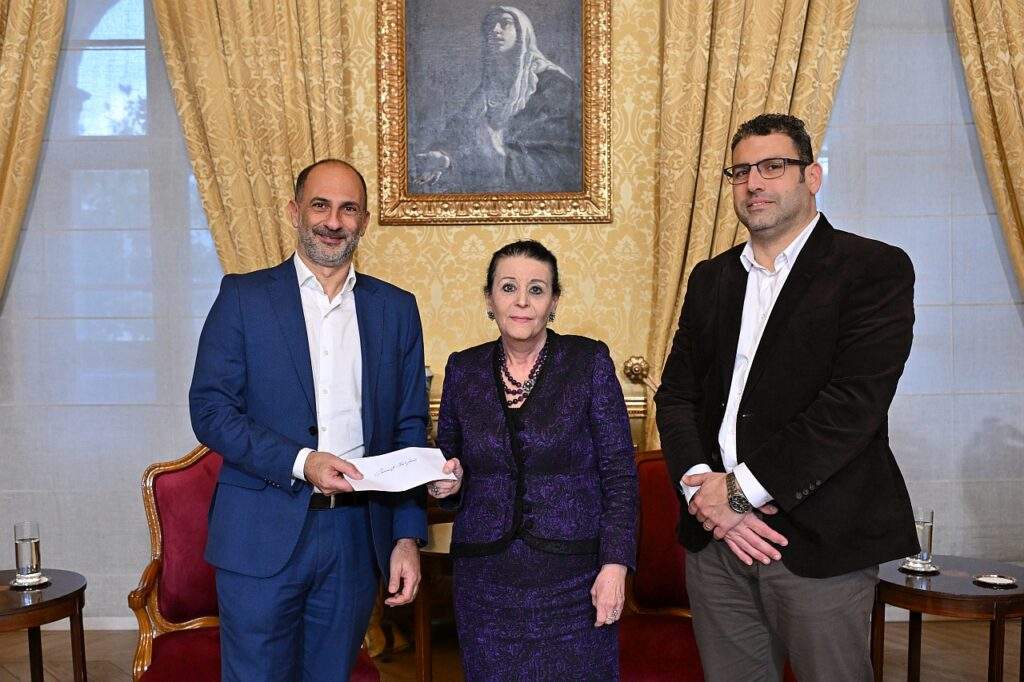
SMS phishing, or smishing, is a scam where fraudsters use text messages to deceive you into sharing sensitive information or downloading unwanted apps or files to your phone.
Scammers send fake texts pretending to be from real companies or people to trick you into providing details like passwords or credit card numbers, or they might prompt you to download harmful apps to call international or premium numbers, leading to unexpected charges on your phone bill.
Here are some ticks and tips to staying safe
Asking for payment
If you get an unexpected or unusual request for payment via SMS. Check with the company if it is genuine by using their standard contact channels. If in any doubt, don’t click.
Prizes
If you get a text saying you won a prize but didn’t enter a contest, it’s likely a scam. Don’t click to find out. Real contests need you to enter first.
Games and Apps
Some games or apps might secretly send expensive texts from your phone. Only download from official app stores to avoid this.
The sender
Look at the sender’s name and number. If you don’t know them, don’t SMS or call back.
Don’t rush
Scammers try to rush you into acting fast. Take a moment to think before doing anything they ask.
Report scams
If you fall for a scam, report it to the authorities and change your passwords. Tell your friends, too, so they don’t get tricked.
Stay vigilant
Always be sceptical of unexpected SMS texts, especially those requesting personal information or urging immediate action. If you receive a suspicious message, take the time to verify its legitimacy by checking online and contacting the supposed sender through official channels and never by replying to the suspicious message.






